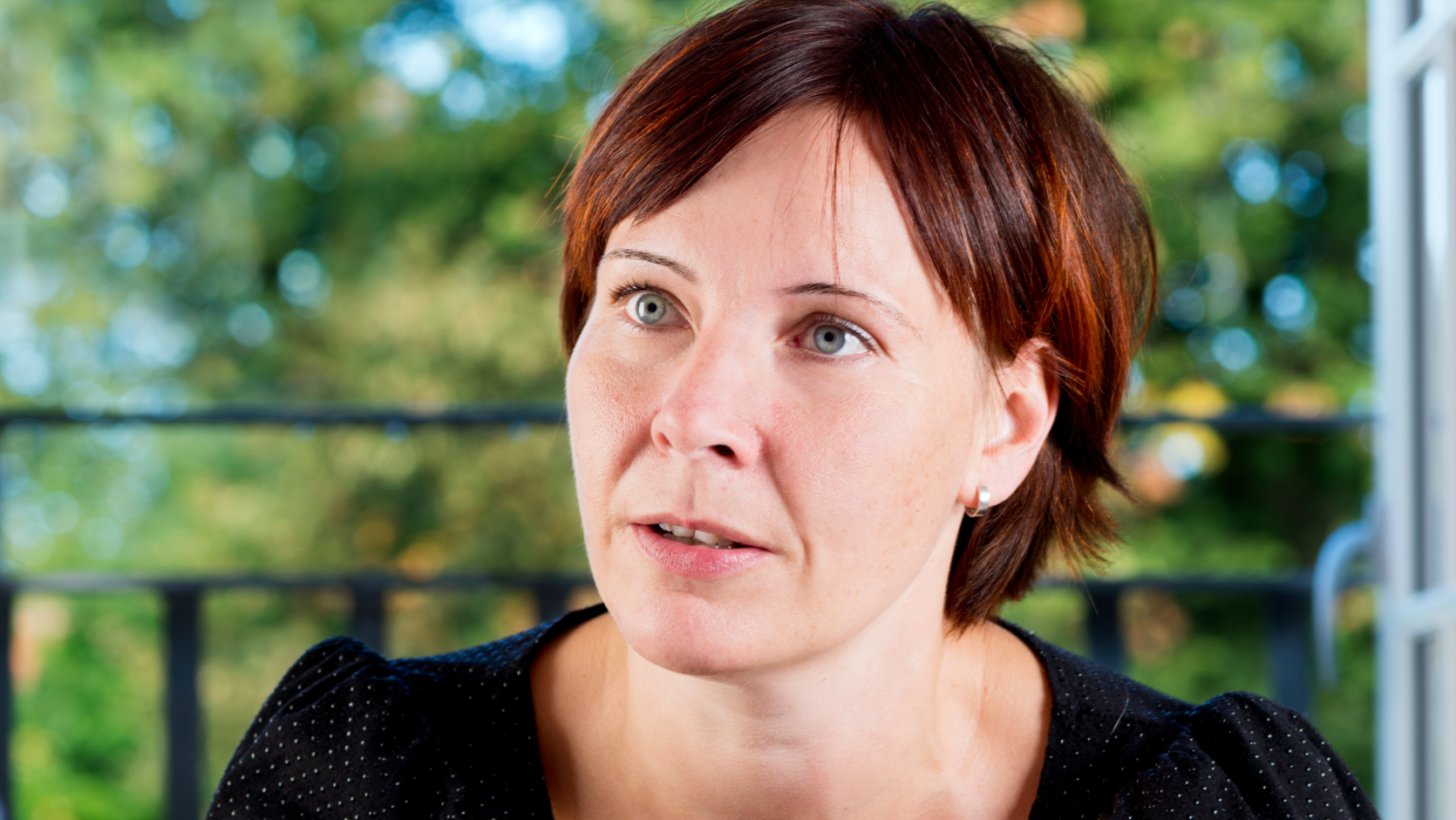The Facts
Elderly woman refuses emergency surgery unless she can change her will
In January 2020, at the age of 92, a woman was hospitalised with a life-threatening leg condition.
During the day she underwent two unsuccessful procedures to restore blood flow to the leg, and at about 2pm she was given anaesthetic agents and other drugs.
Around 6:30pm, the doctors informed her that she required emergency surgery on her leg, and she signed a consent form for that surgery.
However, immediately before her scheduled 8pm surgery, the woman adamantly refused consent to the operation unless she could change her will.
Change of will substantially disinherits daughter
The woman’s doctors knew that if they did not perform the surgery quickly, they would be forced to amputate her leg due to gangrene. So, they obliged her request, writing out a document titled “Change of Will”, capturing her instructions that she wished to bequeath her house, the substantial part of her estate, to her son.
The doctors read back to the woman what they had written, she signed the change of will and the doctors witnessed her signature. She then underwent the surgery.
The change of will document was quite different from the woman’s previous wills and formal expressions of testamentary intention. In a 2005 will, a 2009 codicil, and an informal testamentary document executed in 2018, the woman had divided her property equally between her son and daughter.
Woman dies and daughter challenges change of will in court
The woman survived the surgery.
However, three weeks later she died due to post-surgical complications, thus setting the stage for a family dispute over her final wishes.
The daughter commenced proceedings in the Supreme Court of NSW, seeking a declaration that the January 2020 change of will document was of no legal effect. This would mean that her mother’s estate would be divided equally between her and her brother, in keeping with the 2005 will and 2009 codicil.
The son countered that the 2020 change-of-will document was his mother’s last will, and so he was entitled to inherit the bulk of his mother’s estate.
The questions before the court were whether the woman was of sound mind when she signed the change-of-will document; and whether she knew and approved of its contents.














Expert commentary on the court's decision
Court finds in favour of daughter
In Dybac v Czerwaniw; The Estate of the Late Apolonia Czerwaniw [2022] NSWSC 1279, the Supreme Court of NSW rejected the arguments of the son, Basil Czerwaniw, finding in favour of the daughter, Zina Dybac.
The court declared that the change of will executed in hospital by their mother, Apolonia Czerwaniw, was of no legal effect, and ordered that Apolonia’s 2005 will and 2009 codicil be granted probate.
Daughter more credible witness than son
The court favoured Zina’s evidence over Basil’s, finding Zina to be a “reliable witness who attempted to give an honest account of her own recollection of family history”. Conversely, the court found that Basil’s “dislike of his sister clouded and impaired all his communications with her and the quality of his testimony”.
The court also noted that Basil’s evidence that his mother and sister had grown apart tended to confuse the quality of Zina’s relationship with her mother with her availability to give her mother day-to-day support.
Mother lacked testamentary capacity
The first issue considered by the court was whether Apolonia had testamentary capacity.
The test of testamentary capacity is whether the testator was of sound disposing mind when the will was made.
The court concluded that Apolonia was not of sound mind. In reaching this conclusion, the court considered several factors.
First, the court considered the absence of legal advice in the context of a sudden departure from Apolonia’s usual careful estate planning.
The court also found the speed and force of Apolonia’s decision to change her will remarkable.
The court accepted the expert evidence that the medications administered to Apolonia would likely have had a substantial effect upon her reasoning and judgement, even if the attending doctors did not observe impaired cognition themselves.
The court also rejected the attempt to draw inferences about testamentary capacity from Apolonia’s consent to surgery.
Finally, the court observed that the change of will document was at odds with Apolonia’s existing affectionate and close relationships with both Zina and Basil. The document also differed from her long-standing and often repeated testamentary wishes.
Testatrix did not know or approve of contents of change of will
The second question considered by the court was whether Apolonia knew and approved the contents of the change of will document.
The court noted that upon proof of testamentary capacity and due execution, there is also a presumption of knowledge and approval of the contents of the will at the time of execution.
However, this presumption can be displaced by any circumstance which creates a well-grounded suspicion as to whether the will expresses the mind of the testator.
The court also recognised that evidence that a testator gave instructions for the will or that it was read over by or to the testator is said to be “the most satisfactory evidence” of actual knowledge of the contents of the will.
When considering whether there are nevertheless circumstances which excite suspicion, the court looks at several factors. These include the mental acuity of the testator, whether the will constitutes a significant change from a prior will, the circumstances surrounding the preparation of the will, the exclusion of people naturally having a claim upon the testator and whether the testator had an opportunity for reflection and independent advice.
The court found that the reasons that created doubts about Apolonia’s testamentary capacity were also relevant to whether there was knowledge and approval.
No time to reflect and no legal advice
Given the medical emergency, Apolonia had virtually no time to reflect on what she was doing or to comprehend fully the text of the will being read back to her. The court said that the overall pace and stress of Apolonia’s medical situation precluded it from drawing a confident inference that she comprehended what was being said to her.
Secondly, Apolonia did not have the benefit of legal advice, which could have drawn her attention to relevant factors for consideration in revising her will.
Finally, none of the doctors could recall what Apollonia said when the change of will document was read out to her prior to her signing it. The court found “the evidence at this critical point of assent… unsatisfactory”.
Don’t wait for a crisis to update your will
This case highlights the importance of proper estate planning and the risks of last-minute changes to wills, especially in high-stress situations like medical emergencies.
It’s important to review and update your will regularly with proper legal advice. Don’t wait for a crisis.
If you do need to make urgent changes, try to involve your regular lawyer if possible.
This case also serves as a reminder that courts will look beyond the mere execution of a will document to consider whether a person truly had capacity and understood what they were doing. Even if someone appears lucid in the moment, medications and stress can impact decision-making abilities in ways that may not be immediately obvious.
By taking a proactive approach to estate planning and seeking proper legal advice, you can help ensure that your final wishes are clear, legally valid, and less likely to be disputed by your loved ones.
For more information please see the articles below.
What is testamentary capacity? A basic guide
Does dementia make a will invalid?
Did the old man have the mental capacity to change his will? Which case won?